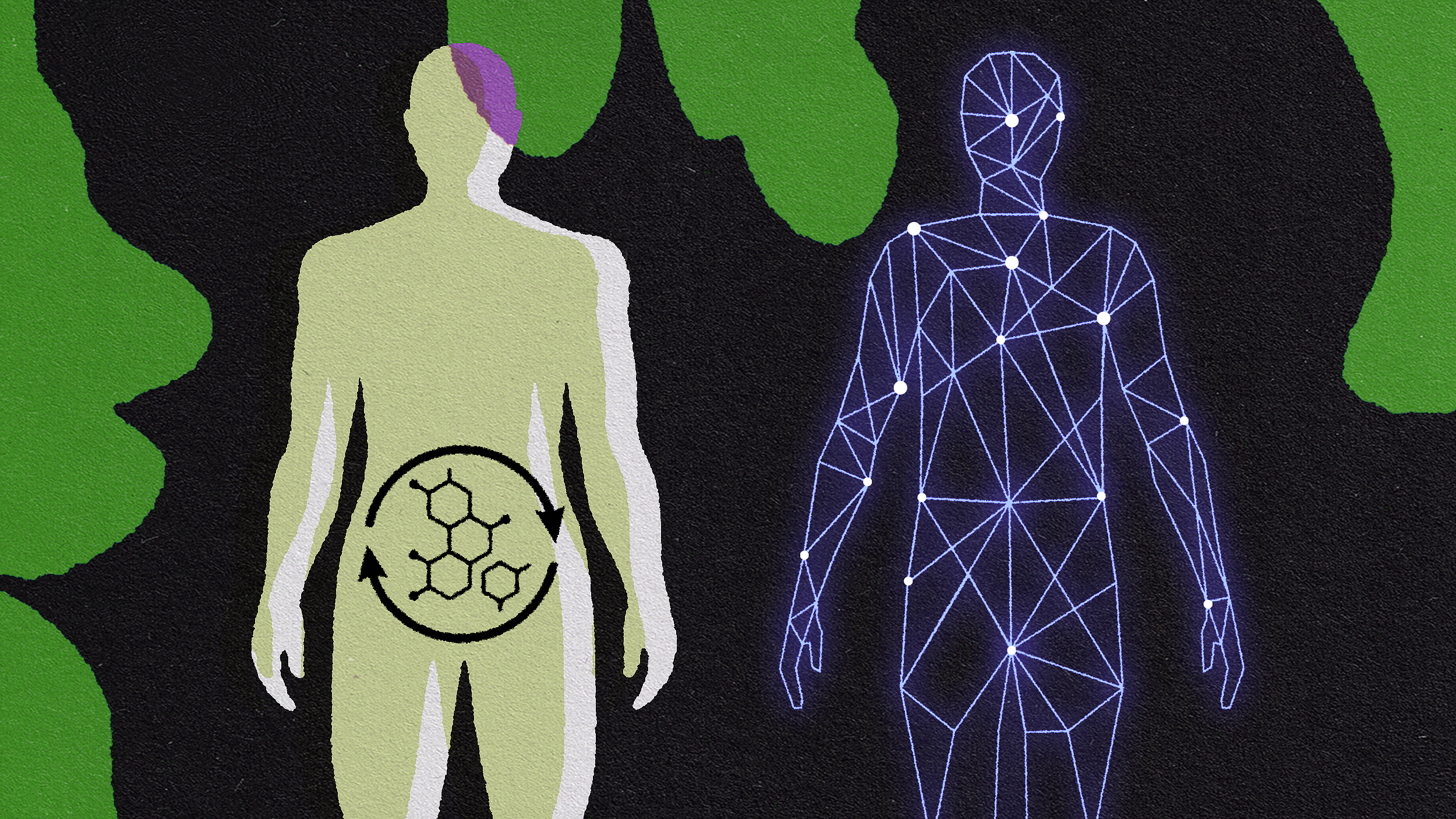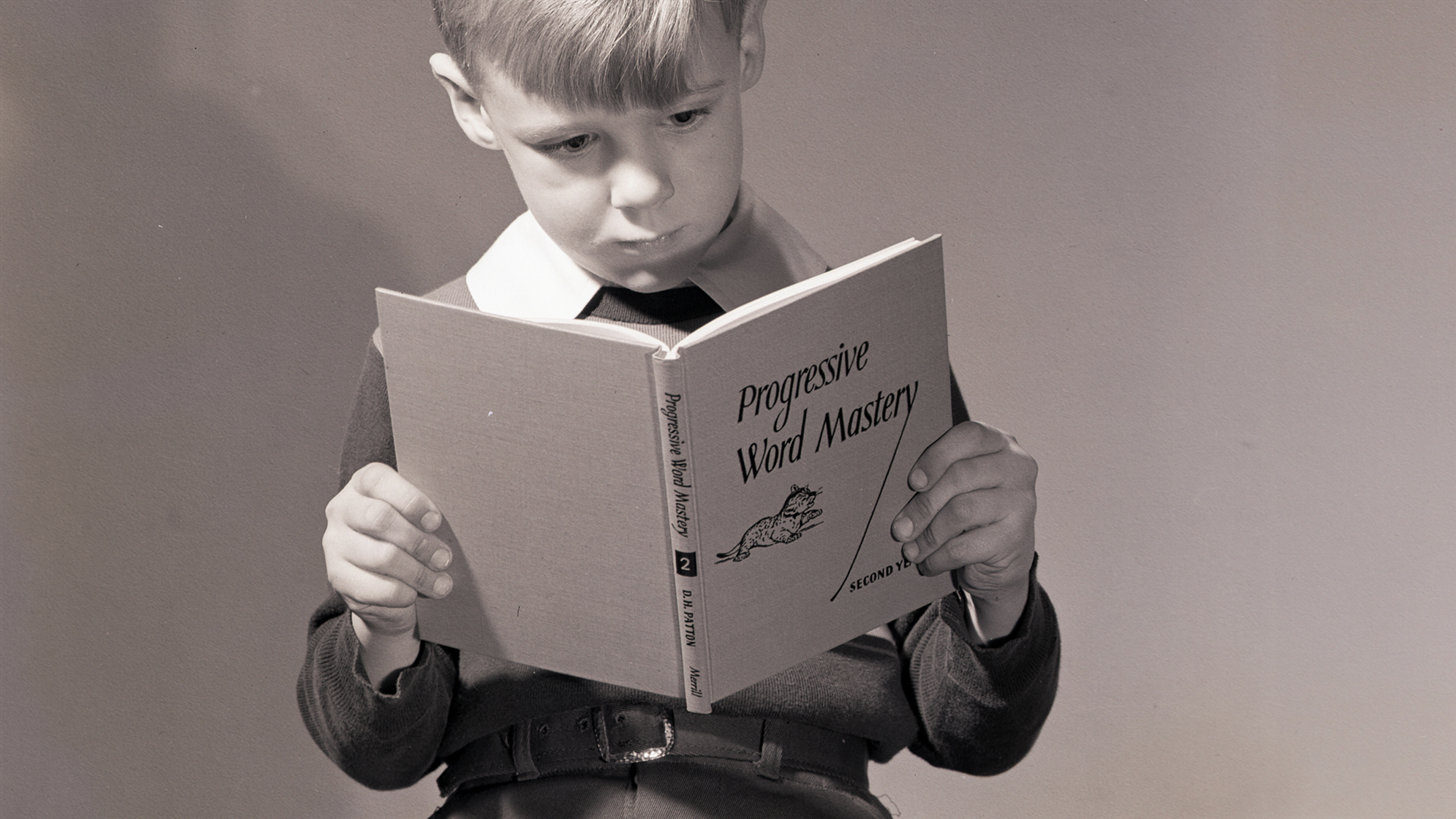This video is part of Z 17 Collective’s Future of Learning series, which asks education thought leaders what learning can and should look like in the midst and wake of the coronavirus pandemic.
WILL RICHARDSON: I think all of us basically as we grow older realize that almost all of our learning happens through experience and very little of it actually happens in these kinds of organized, contrived, constrained environments that many schools are like. I think it took me a long time to become a learner because I kept going back and expecting someone to teach me stuff. But what I realized in the last 20 years or so, especially since the internet came around is that this is a really powerful opportunity to continually learn and that again as I look into the future for my kids I just totally think that they are going to succeed or fail based on their ability to learn.
I think changes are going to come mostly from the bottom up. I think there are huge financial considerations for those who are in charge or have power right now and that it's going to be very difficult for them to break those stories or those narratives in service of one that is more, that embraces learning in a more kind of natural sense. I think you're seeing it already, right. Mastery.org, the Mastery Transcript Consortium is an example that I give all the time about a group of schools, about 300-400 of them now that have gotten together and just said look, in a couple of years we're not going to send our kids out to colleges with transcripts that have numbers on them and grades on them because frankly, we think that numbers and grades are not a great way of assessing what kids actually can do and what they've learned. But it's a great deal of stress and anxiety on kids to chase that number and it changes the whole dynamic in the classroom when kids are coming in saying how do I get three more points to get a B instead of coming in and saying I really want to learn more about this. How can I do that.
So Mastery has basically said to colleges and admissions officers we're not going to do this anymore and so there's strength in numbers. Like I said 300-400 schools, and college admissions officers have said okay, we'll work with you. We'll figure that out. I do think the more that we can come together as K-12 educators and also on the higher ed level, but the more that we can come together as educators and have real conversations and ask really big questions about what the world looks like right now and what that means for our kids moving forward so they can thrive in whatever comes at them. I think there's opportunities for us to make real big change happen. And I'll just say if that grading and assessment domino falls I think that will start a chain of events that will start looking at everything that we do in the classroom. But again, it's going to be can we change the story in people's heads. Can we change that narrative as well that says yeah, you know what, grades really aren't that important and they don't really measure learning and they're not really conducive to learning. This thing over here, this competency thing or this portfolio thing, whatever it is that we create is much better for that. That's going to be a very difficult task because people want numbers, people want that traditional kind of experience and assessment experience as well.
Look, at the end of the day the only learning that really matters is the learning that you can apply. We do a lot of learning in schools that basically is just totally forgotten as soon as the test is over and we all know that. I mean we all know that. That's been all of our experience that most of what we "learn" in school we don't ever use. It's not really relevant to our lives and we forget it. I kind of chuckle but sadly all those stories I'm reading about parents who are trying to help their kids with their schoolwork and just can't remember any of it. It's just like I don't remember how to do that. But I think that at the end of the day if kids can actually apply what they're learning in meaningful ways and in ways that show up in the world, those are amazing assessments and much better I think, much more effective than trying to objectively give an 83 to some piece of work or subject that we give it. Yeah, let's see what kids can actually do and why wouldn't we want to know what they could do. Why wouldn't that be much more important than trying to assess what they actually know. If they can't apply it, it doesn't really matter.





